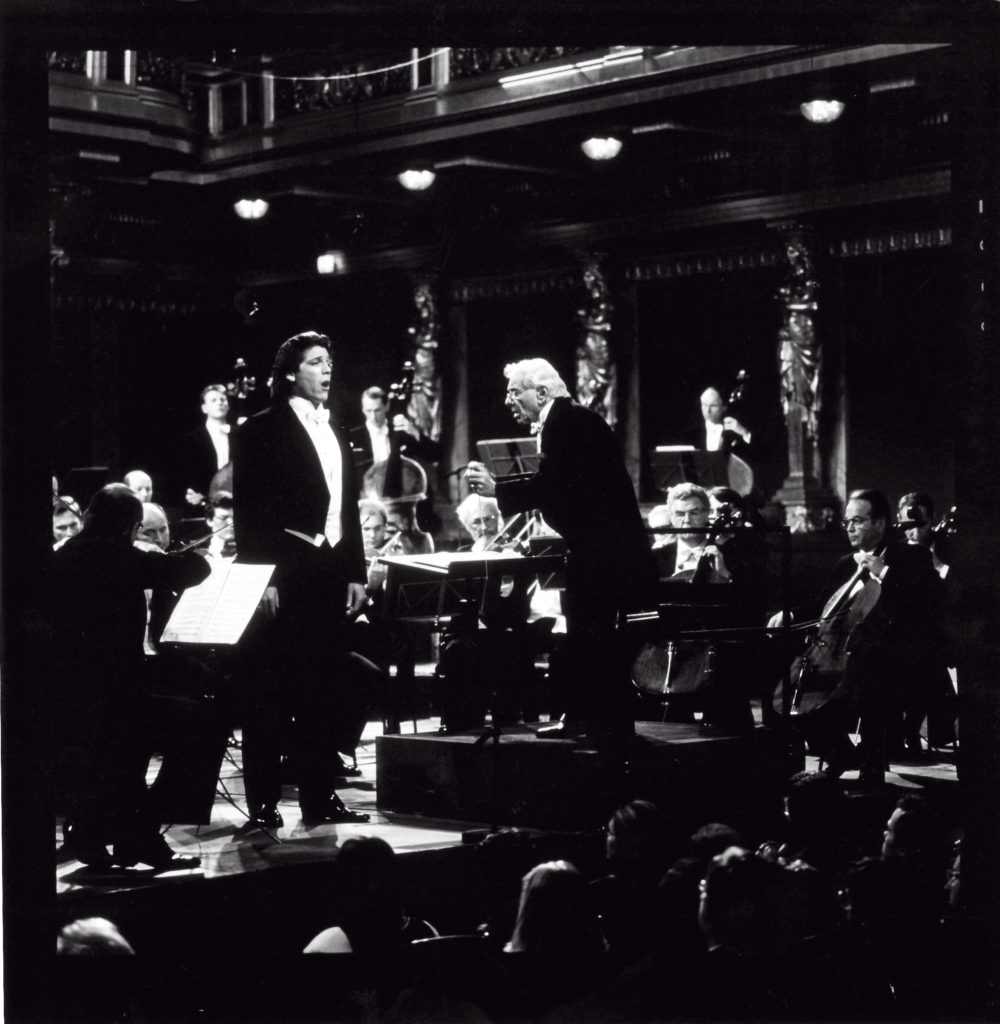More Than Music: Bernstein’s musical odyssey

The life of composer and conductor Leonard Bernstein recently received the Hollywood treatment. “Maestro” attracted a slew of Oscar nominations. The film drew attention to a musical genius who shaped the symphonic world and transcended boundaries.
Much has been written about his groundbreaking compositions like “West Side Story.” But his journey as an American composer is less well understood. Bernstein’s musical odyssey began with ecstatic expectations and ended in bitterness and disappointment. The composer was increasingly alienated by what had become of the America in which he had once placed enthralled hopes.
Thomas Hampson, the baritone who sang with Bernstein more than any other, had this to say about where Bernstein’s mind went as his career progressed:
There seems to be this maniacal preoccupation with forward and future, and in the business world steady growth and steady profit. And you kind of have to wonder where the common good sits, and where the collective good sits. I’m a student of Leonard Bernstein. I don’t think anyone should doubt for a second the weight on Lennie’s soul. And I think to understand Lennie’s reaction in the sixties to all of that would be terribly illuminating for people today.
We also hear from Bernstein’s elder daughter Jamie, and the conductor Jo Ann Falletta.
Cultural historian Joseph Horowitz looks at the composer’s rise to fame, his power as a cultural ambassador, and why his love for music still matters.
“More Than Music” is written and produced by Joe Horowitz. Peter Bogdanoff is the technical producer. Joe Horowitz writes about Bernstein and the cultural Cold War in his latest book, The Propaganda of Freedom. You’ll find a related More Than Music program on Bernstein and Mahler, here. Audio of Leonard Bernstein in Moscow, and lecturing at Harvard, courtesy of the Leonard Bernstein Office. “More than Music” is supported by a grant from the National Endowment for the Humanities